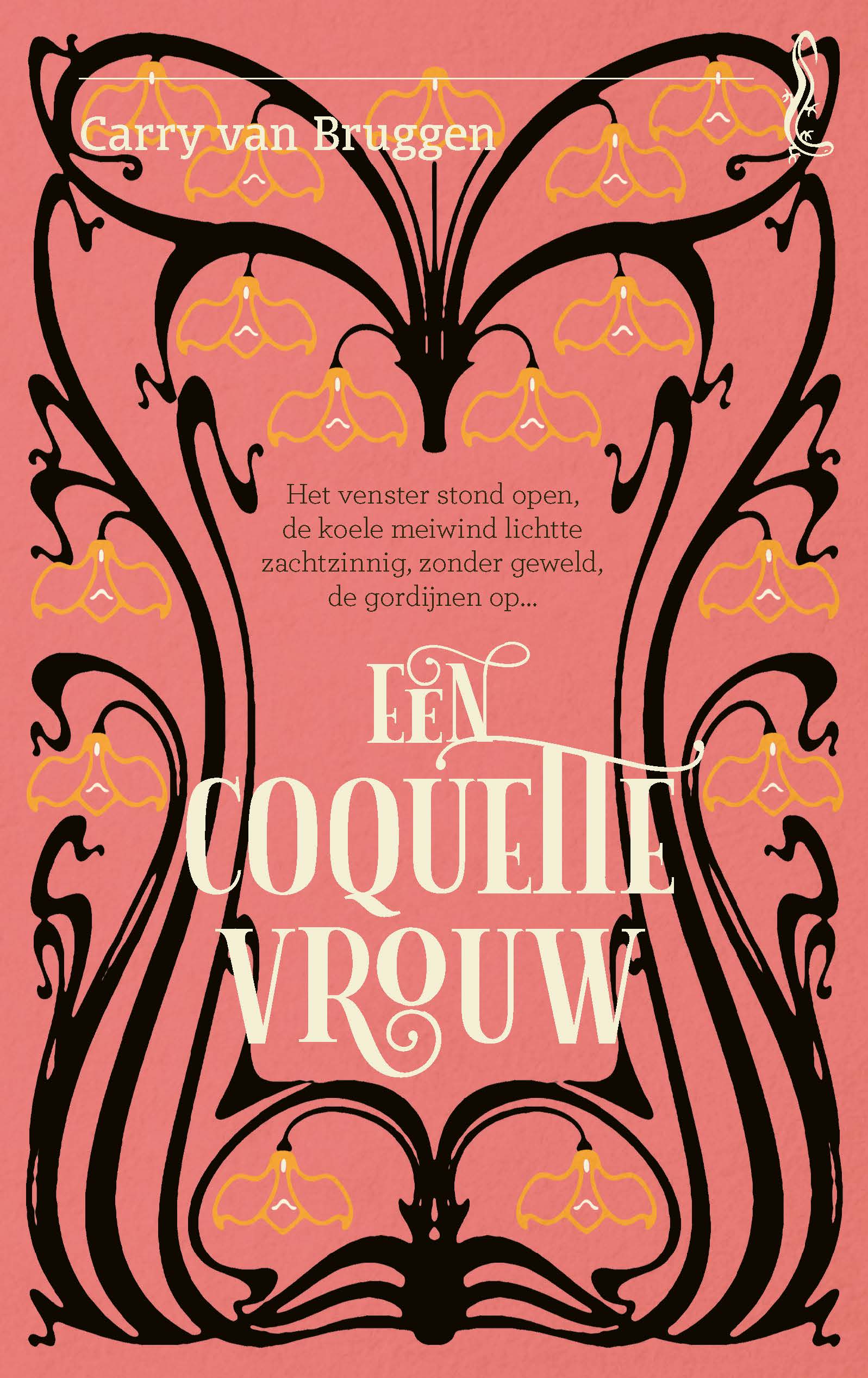A Coquettish Woman
An uncompromising exploration of a young woman’s desires and hunger for freedom
Ina, a young Dutchwoman living in the 1910s, despises the bourgeois milieu she has grown up in. Her hunger for independence has earned her a reputation for being difficult. But then she meets Egbert, a confident man who seems to open the door to a new life.
Ina looks up to the older Egbert. Worldly and acerbic, he is unafraid to question established norms and beliefs. This resonates with Ina, who feels an irrepressible urge to break free from society’s expectations. She’d rather fulfil her potential as a writer than settle for being a housewife, but she also yearns for a symbiotic partnership with another person, rooted in mutual admiration and love.
Once Ina and Egbert get married, it doesn’t take long before the first cracks start to appear in her idealized image of him. Egbert’s cynicism stifles her lust for life. He is derisive of her vulnerable attempts to explore her sexuality and her writing talent. Ultimately, this prompts Ina to go her own way in search of intellectual and physical connections with men and women.
A Coquettish Woman is one of Carry van Bruggen’s most important early works and one of her first attempts at the innovative, psychological novels that became her trademark. On a par with the great modernists of world literature, with this novel she gives the reader deep insight into the interior life of a young woman in a patriarchal society.
Sample Translation

Carry van Bruggen, the nom-de-plume of Carolina Lea de Haan (1881–1932), is one of the most important Dutch authors of the early twentieth century